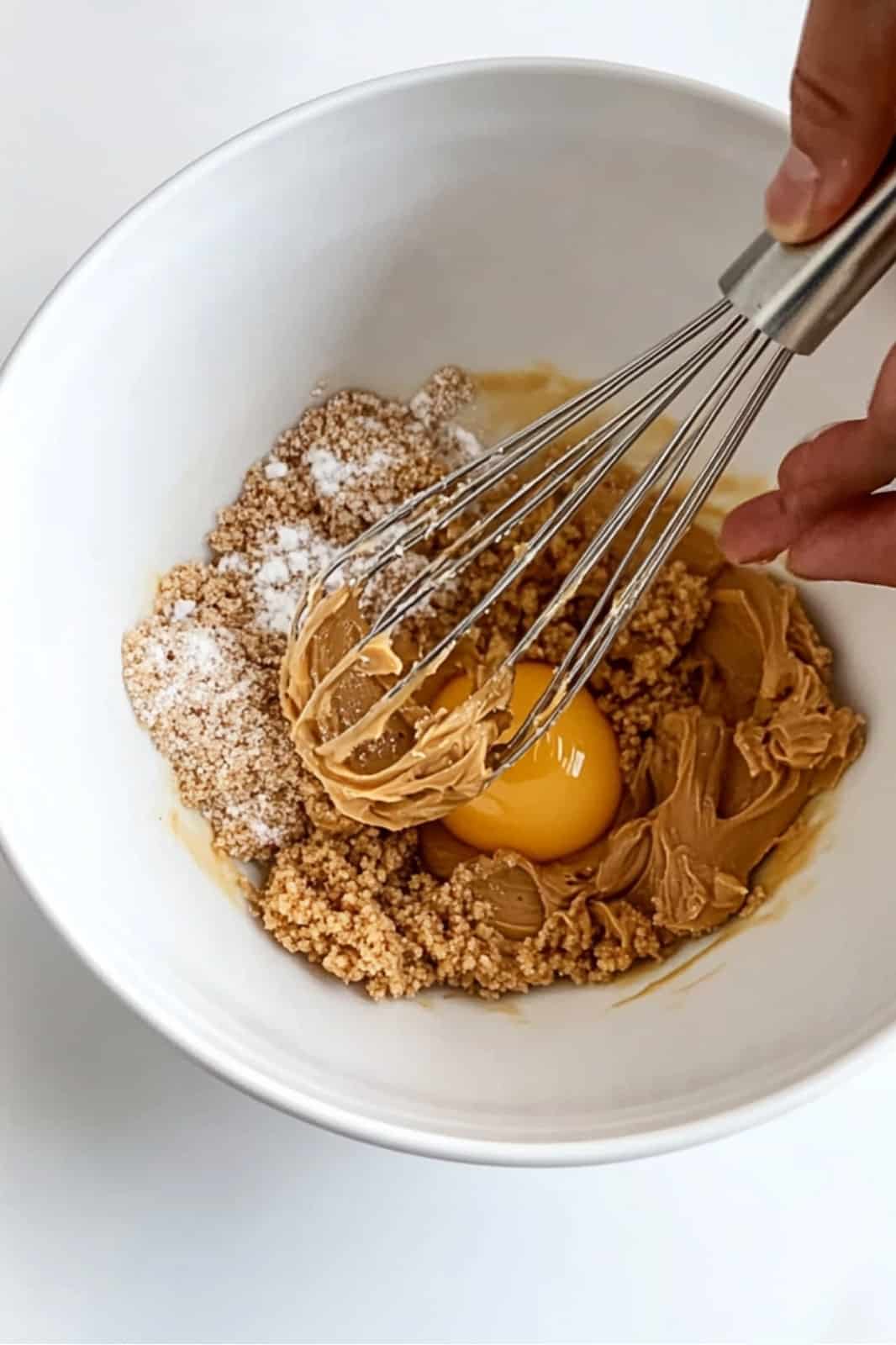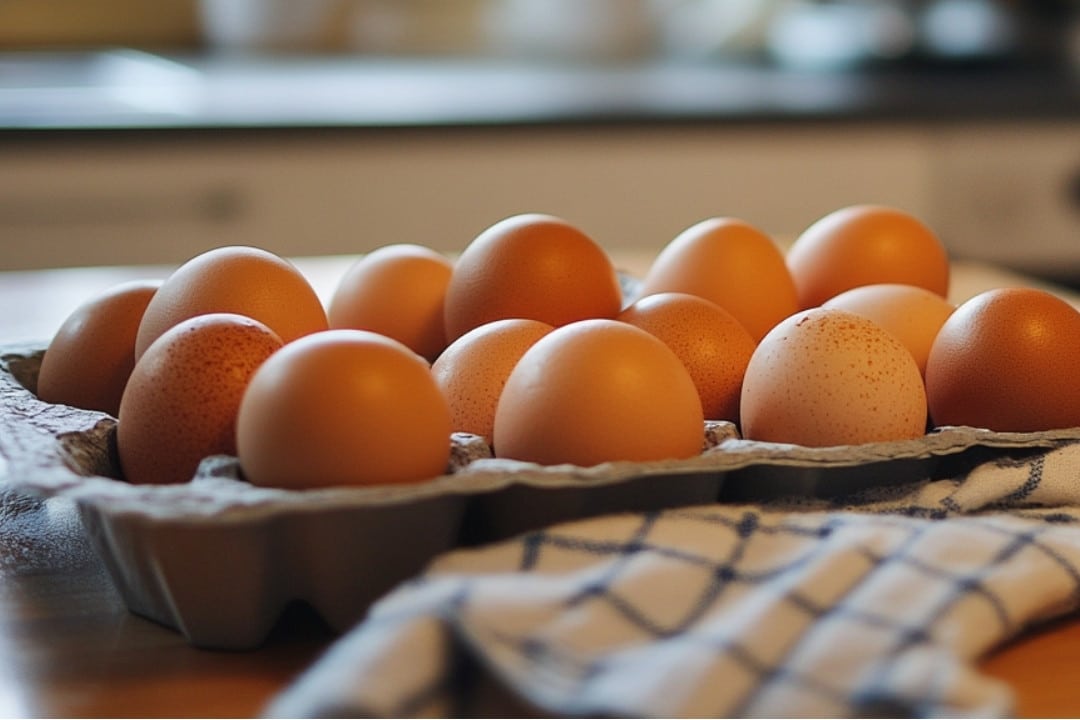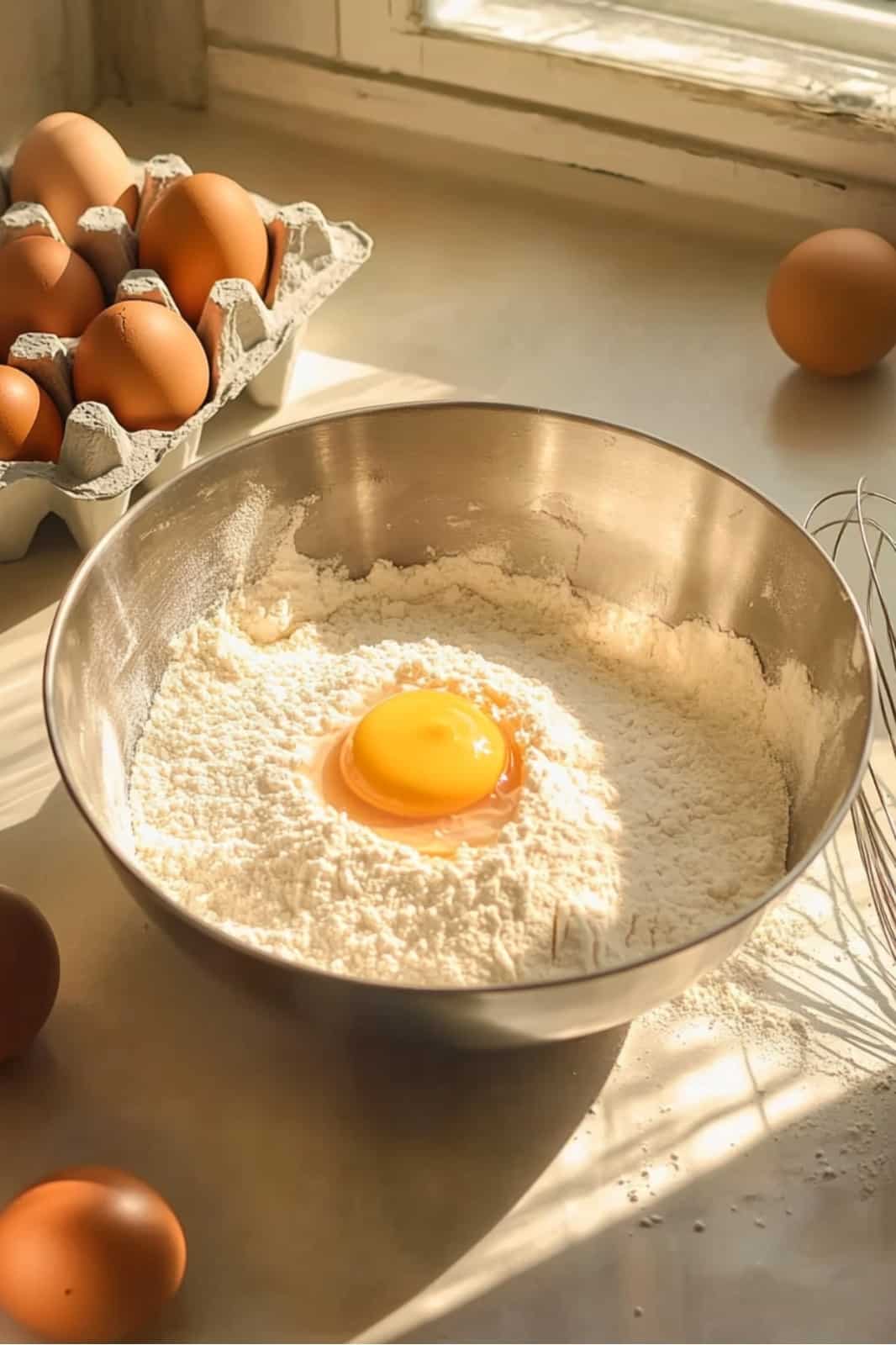If you’ve spent any time in the kitchen, especially baking, you’ve likely come across recipes that ask for room-temperature eggs. But why does this matter? Whether you’re just starting or have been baking for years, let’s uncover the reasons behind this common instruction.
Why Do Baking Recipes Call for Room-Temperature Eggs?
It all comes down to how ingredients interact. Many baking recipes begin with the creaming method, where butter (or another fat) is mixed with sugar to create a fluffy base. If you add cold eggs to this mixture, the butter can harden, making it difficult for the ingredients to blend smoothly. Olivia McCoy, a trained pastry chef, explains, “Cold eggs cause the butter to harden, and hardened butter can’t hold any of the tiny air bubbles you’re trying to beat in.”
This matters because those air bubbles are what give your cake or cookies their light, fluffy texture. When you use ingredients at different temperatures, they don’t always mix well, which can lead to dense or curdled results. Norma Salazar, a chef at the Institute of Culinary Education, adds, “Cold eggs in a high-fat mixture can cause the fats to coagulate and clump.”
When Are Room-Temperature Eggs Important?
There are certain recipes where room-temperature eggs make all the difference. Light and airy cakes, like angel food or sponge cakes, rely on eggs to rise and create their soft texture. Chef Yadira Stamp emphasizes, “It’s extremely important to use room temperature eggs because they whip better, allowing the cake to rise and be fluffier.”
If you choose to use cold eggs, you’ll end up with a denser cake, and you might even have to bake it for a longer time because the batter will be cooler.
Meringues, such as pavlovas, also benefit from room-temperature egg whites. They whip up to a more stable consistency, giving you that perfect light and crisp finish.
When Using Cold Eggs Is Fine

However, not every recipe requires room-temperature eggs. If you’re baking something that doesn’t need a lot of air, like blondies or cookies, you can get away with using cold eggs. “These recipes don’t rely on eggs to create air, so cold or room temperature works,” says McCoy.
Recipes that involve cooking the eggs, like custards or crème brûlée, are also more forgiving. Since the eggs are heated along with the other ingredients, their temperature at the start doesn’t have as much impact.
How to Tell When Eggs Are Room Temperature
If you’re unsure whether your eggs have warmed up enough, there’s an easy way to check. You can crack one into a bowl and use your fingertip to touch it. Yadira Stamp suggests, “It shouldn’t feel cold; it should be warm to the touch.”
Olivia McCoy adds that if you’re checking eggs still in the shell, they should feel neutral when you touch them—similar to touching someone else’s hand. If the egg feels cold or makes your hand chilly, it’s not ready yet.
The Ideal Room Temperature for Eggs
In most kitchens, room temperature ranges between 68°F and 72°F (20-21°C). Eggs that fall within this range are perfect for mixing into your batters and doughs.
In summary, room-temperature eggs are essential for recipes where texture, lightness, and airiness are key. However, in denser baked goods or custards, you can safely use cold eggs without worrying about the results. So, the next time you see this instruction in a recipe, you’ll know when to follow it—and when you can skip it!



Your email address will not be published. Required fields are marked *